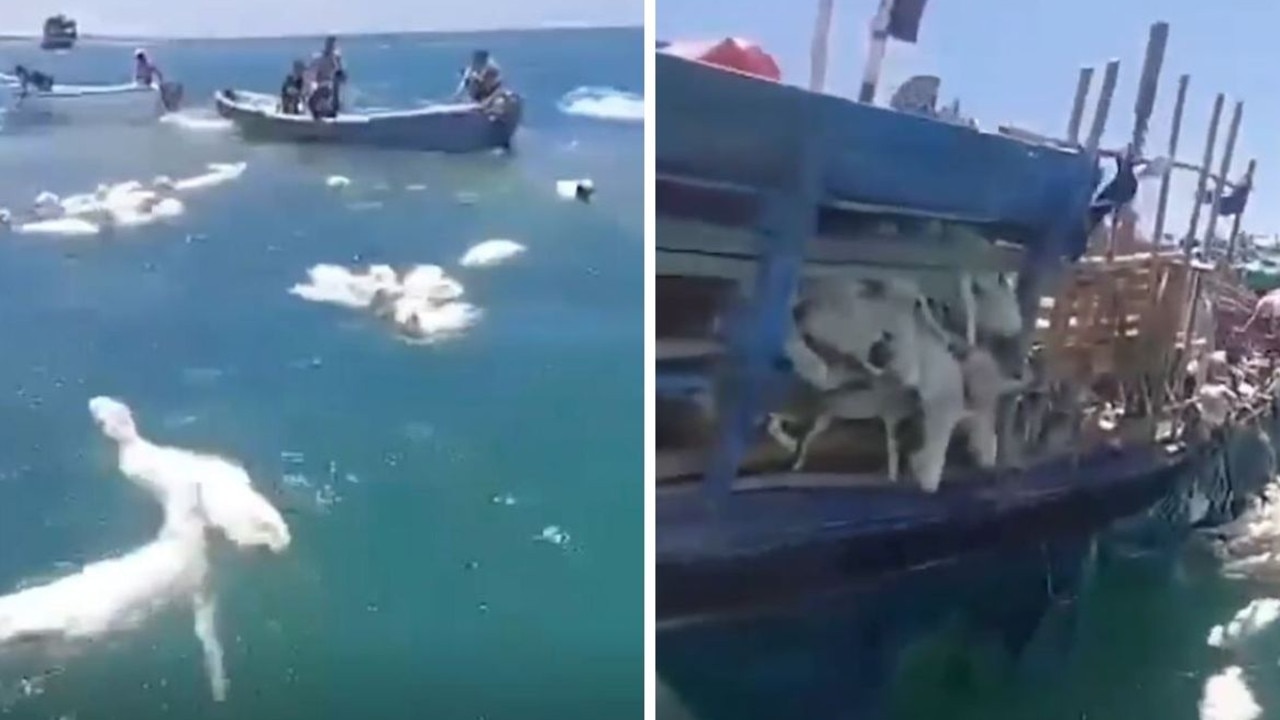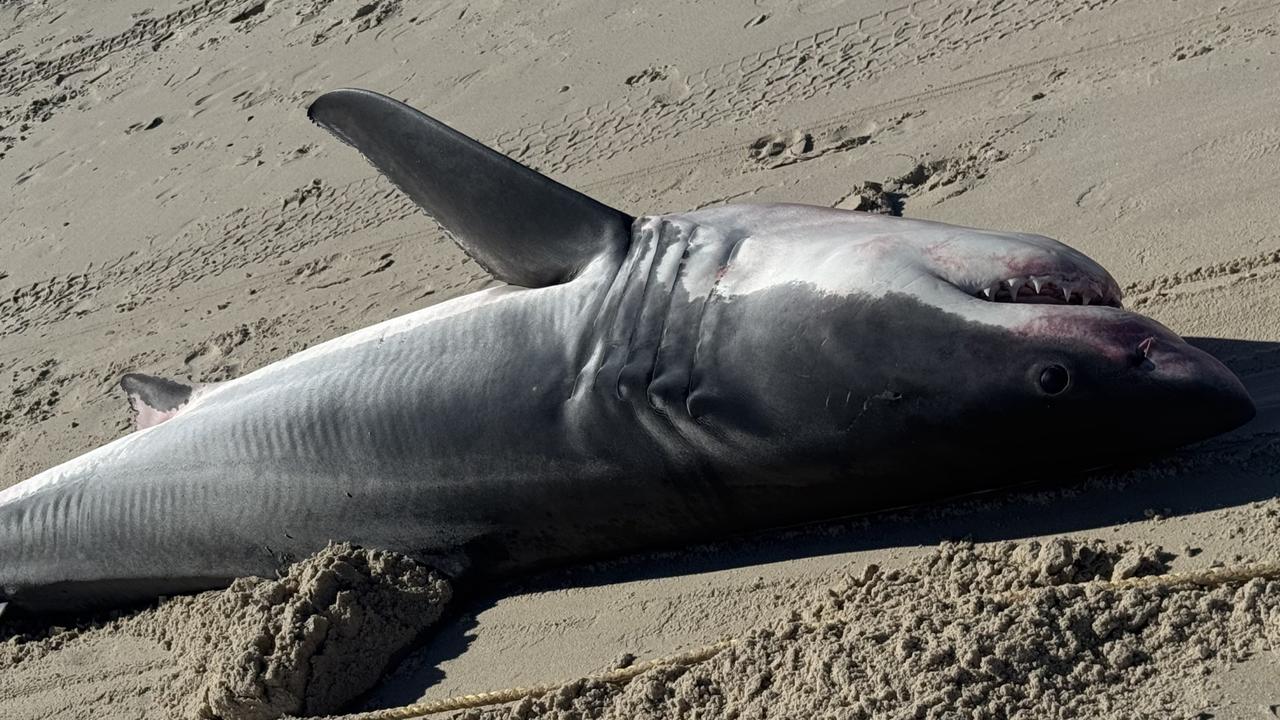Humpback whale trapped in Kakadu’s croc-infested waters
A humpback whale has taken a wrong turn on its migration path to Antarctica and ended up trapped in the croc-infested waters of the Kakadu instead.
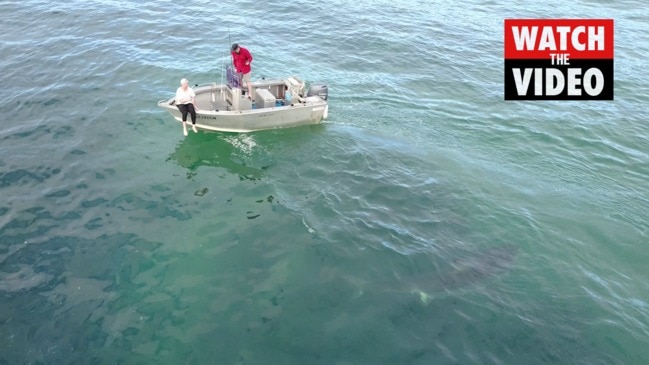
A humpback whale has taken a wrong turn on its migration path to Antarctica and ended up trapped in the croc-infested waters of the Kakadu National Park instead.
Parks Australia captured disturbing photos of the black and white whale splashing about in the murky, temperate waters of East Alligator River in the Northern Territory.
Like its name suggests, the river is a hunting ground for enormous salt water crocodiles.
However, experts aren’t too concerned that the whale will be eaten alive by crocs.
RELATED: Mega shark spotted off NSW beach
RELATED: Whale mourns baby by carrying carcass around for 17 days
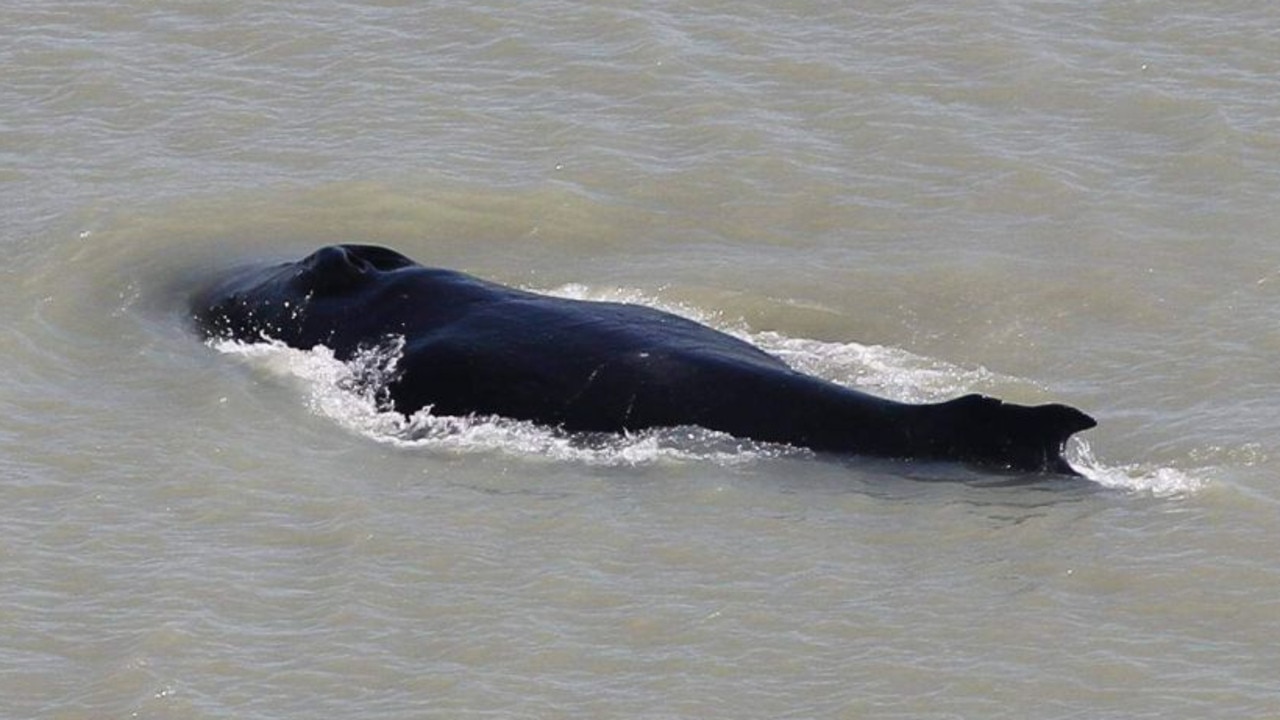
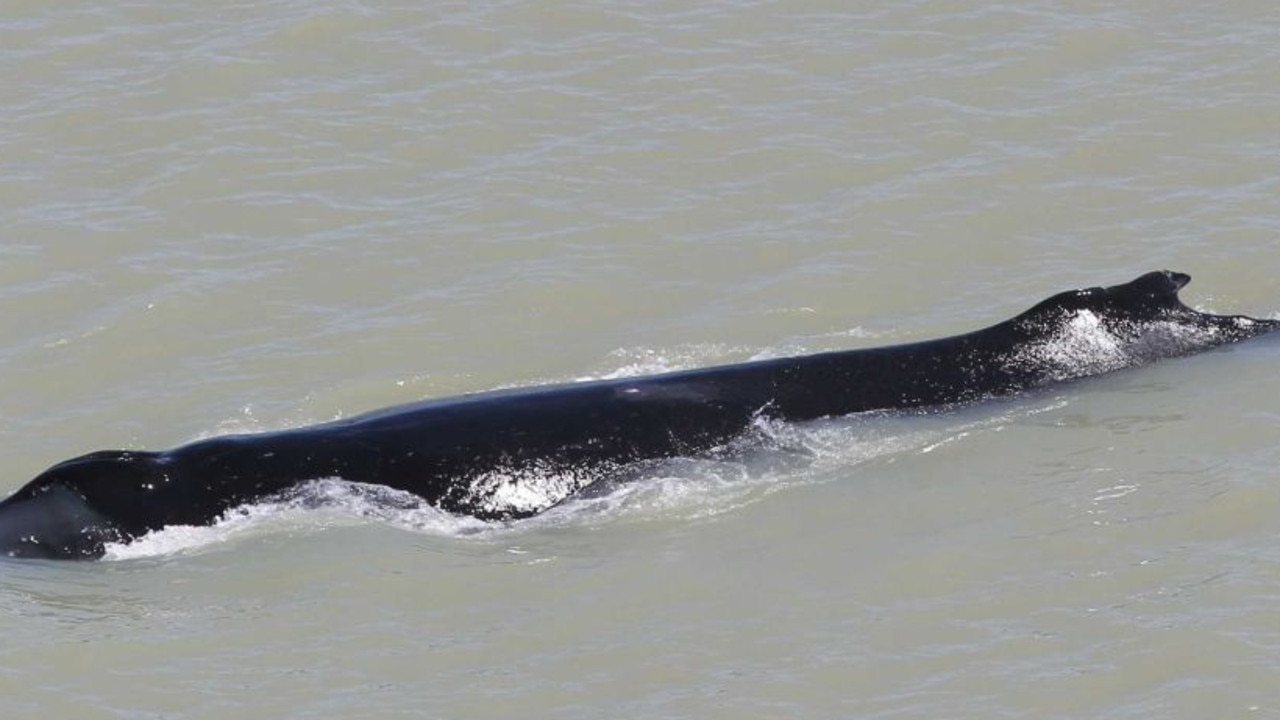
Carol Palmer, a marine ecosystems scientist at the NT Department of Environment and Natural Resources, told the ABC that even the largest crocodiles in the river system would be no match for the whale.
But what has got experts worried is the why — why are whales getting lost on their way south?
This isn’t the first time a humpback whale has taken a wrong turn and ended up in Kakadu waters. Last week, it was reported that three humpbacks had made the same mistake, although it’s believed they are back en route to Antarctica now.
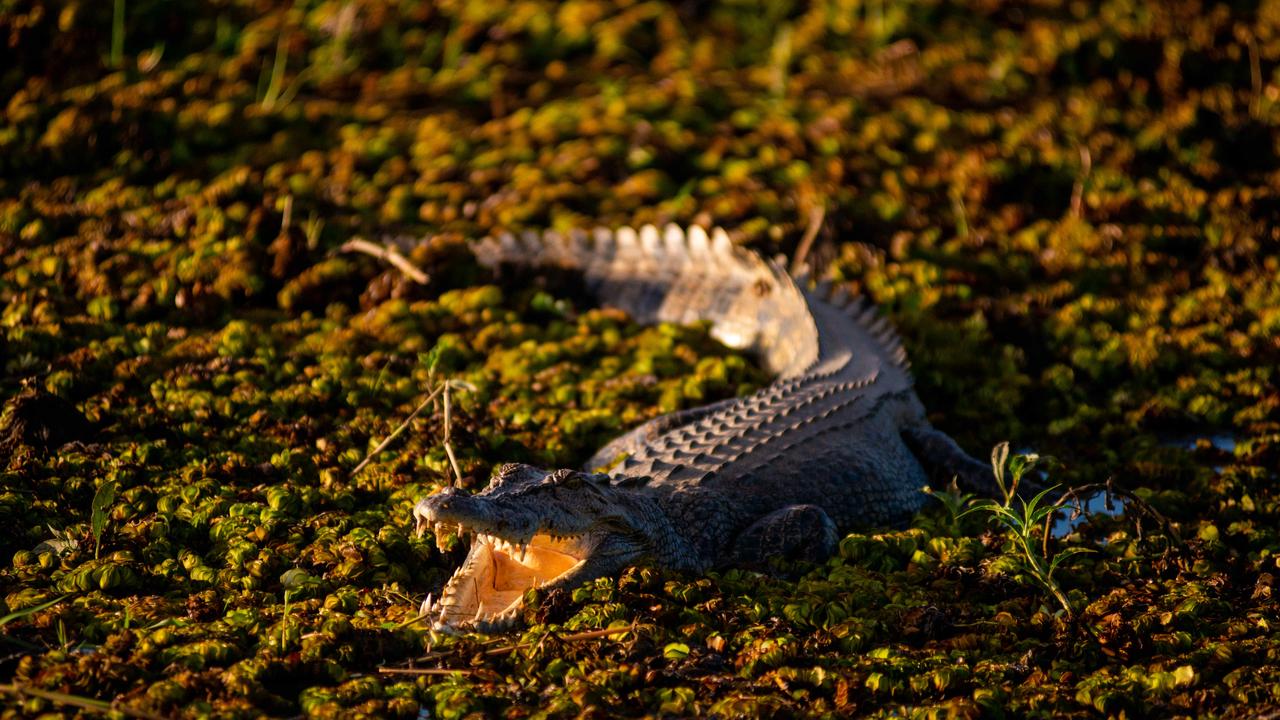
“As far as we’re aware, this is the first time this has happened,” Parks Australia said in a statement.
“Kakadu National Park staff are monitoring the situation and working with NT government authorities to gather data on this unusual event.
“An expert working group has been set up to monitor the whale and prepare plans for intervention if required.”
The national parks authority also announced an exclusion zone at the mouth of the river, and extending thirty kilometres into the waterway.
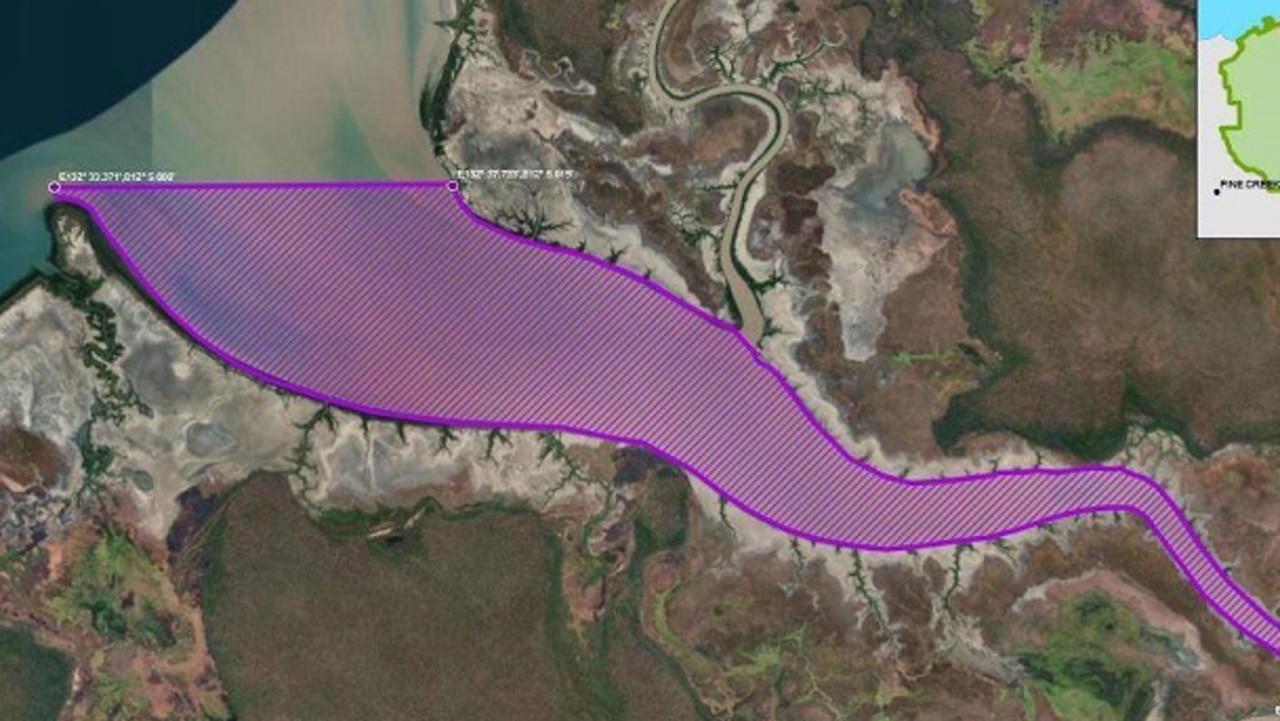
“The last thing we want is a collision between a boat and whale in waters where crocodiles are prevalent and visibility underwater is zero,” Parks Australia explained.
“We also don’t want boats to inadvertently force the whale further up the river.”



